Sensiclav 1.2 g Injection
Sensiclav 1.2 g Injection is a powerful antibiotic medicine used for the treatment of various bacterial infections affecting the respiratory tract, urinary tract, skin, soft tissues, bones, joints, and other parts of the body. It contains the combination of Amoxicillin and Clavulanic Acid, which together act to kill harmful bacteria and prevent them from becoming resistant. Doctors prescribe this injection for moderate to severe infections, especially when oral antibiotics are not sufficient or when quick action is needed. Sensiclav Injection works by eliminating the infection-causing bacteria, providing relief from symptoms such as fever, pain, swelling, and discomfort. It is generally administered under the supervision of a healthcare professional in hospitals or clinics. With timely and appropriate use, Sensiclav 1.2 g Injection helps patients recover faster, prevents the spread of infection, and restores normal health and wellness.
Benefits
-
Effective against a wide range of bacterial infections
-
Provides quick relief in severe infections
-
Useful for respiratory tract infections such as pneumonia and bronchitis
-
Helps in treating urinary tract infections
-
Beneficial in infections of skin and soft tissues
-
Used in bone and joint infections
-
Reduces symptoms like fever and pain caused by bacteria
-
Prevents the spread of harmful bacteria in the body
-
Combines two powerful agents for better effectiveness
-
Restores health by fighting stubborn infections
-
Useful when oral antibiotics are not sufficient
-
Works well in post-surgical infections
-
Helps in faster recovery under hospital care
-
Prevents recurrence of infections when used properly
-
Improves overall treatment outcome
Possible Side Effects
-
Pain, redness, or swelling at the injection site
-
Nausea or vomiting
-
Diarrhea or loose stools
-
Stomach upset or abdominal pain
-
Headache or dizziness
-
Rash, itching, or skin reactions
-
Loss of appetite
-
Mild fever or chills after injection
-
Tiredness or weakness
-
Rare chances of severe allergic reactions
-
Temporary changes in liver function tests
-
Rare cases of yellowing of skin or eyes
-
Unusual bleeding or bruising in some patients
How to Use
-
Given only under the supervision of a healthcare professional
-
Administered as an injection into a vein or muscle
-
Dosage and duration decided by the doctor based on infection type
-
Should not be self-administered
-
Treatment should be completed as prescribed
-
Inform doctor about all existing health conditions before use
-
Follow-up monitoring may be required during treatment
How it Works
-
Amoxicillin kills bacteria by preventing them from forming protective cell walls
-
Clavulanic Acid prevents bacteria from resisting the effect of amoxicillin
-
Combination ensures broader and stronger action against infections
-
Helps eliminate the root cause of infection
-
Provides long-lasting bacterial control
-
Restores body’s normal defense by removing harmful pathogens
What to Avoid
-
Avoid self-injecting without medical guidance
-
Avoid stopping the treatment early even if symptoms improve
-
Avoid alcohol as it may increase side effects
-
Avoid taking other antibiotics without informing the doctor
-
Avoid missing scheduled doses during treatment course
-
Avoid using if allergic to penicillin or cephalosporins
-
Avoid sharing this medicine with others
-
Avoid heavy exercise if feeling weak during treatment
-
Avoid ignoring symptoms like severe rash or breathing issues
-
Avoid storing injection outside hospital or clinical setup
-
Avoid consuming junk food which lowers immunity
-
Avoid unnecessary overuse to prevent antibiotic resistance
Safety Advice
-
Use only with prescription and hospital supervision
-
Inform doctor about all current medicines before starting
-
Safe for adults but should be used carefully in children under monitoring
-
Pregnant and breastfeeding women should use only if prescribed
-
Kidney and liver function should be checked before and during therapy
-
Complete full course of medicine for best results
-
Inform doctor immediately in case of allergic reactions
-
Maintain hydration during treatment
-
Do not skip doses as it may reduce effectiveness
-
Regular monitoring may be required in long-term use
Precautions
-
Not suitable for patients allergic to penicillin group drugs
-
Use cautiously in patients with liver or kidney disorders
-
Inform doctor about any history of jaundice or liver problems
-
Patients with asthma or allergies should be cautious
-
Should not be used unnecessarily for viral infections like flu or cold
-
Pregnant women must take only under strict medical advice
-
Breastfeeding mothers should inform doctor before starting treatment
-
Elderly patients require careful monitoring during therapy
-
Avoid combining with other strong antibiotics without consultation
-
Store vials properly under recommended conditions until use
-
Report symptoms like severe diarrhea, unusual bleeding, or persistent fever immediately
Vendor Information
- Address:
- No ratings found yet!
















































































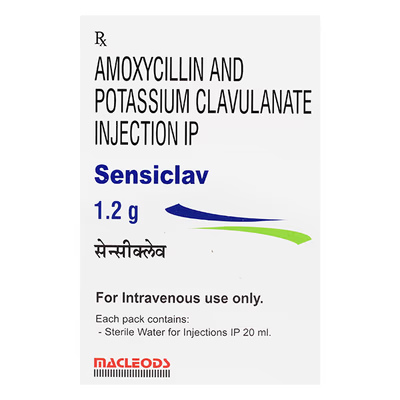
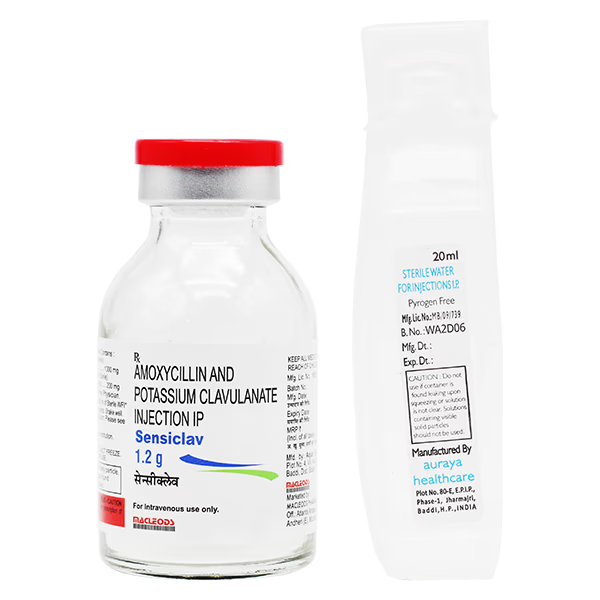

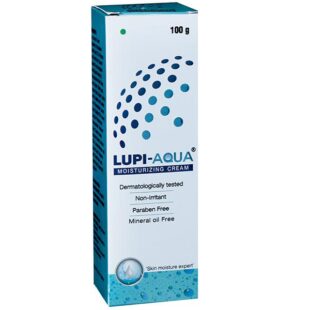

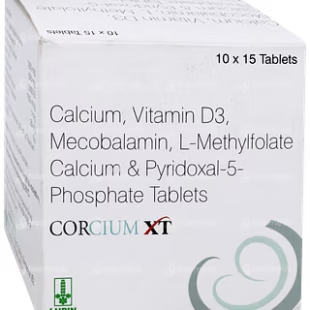


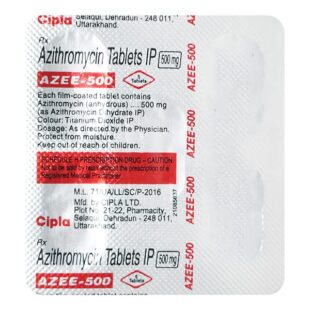
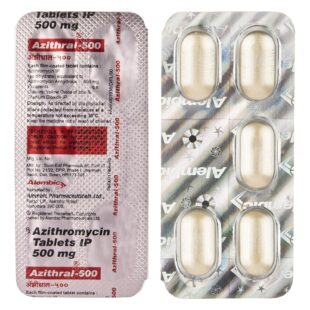
Reviews
There are no reviews yet.